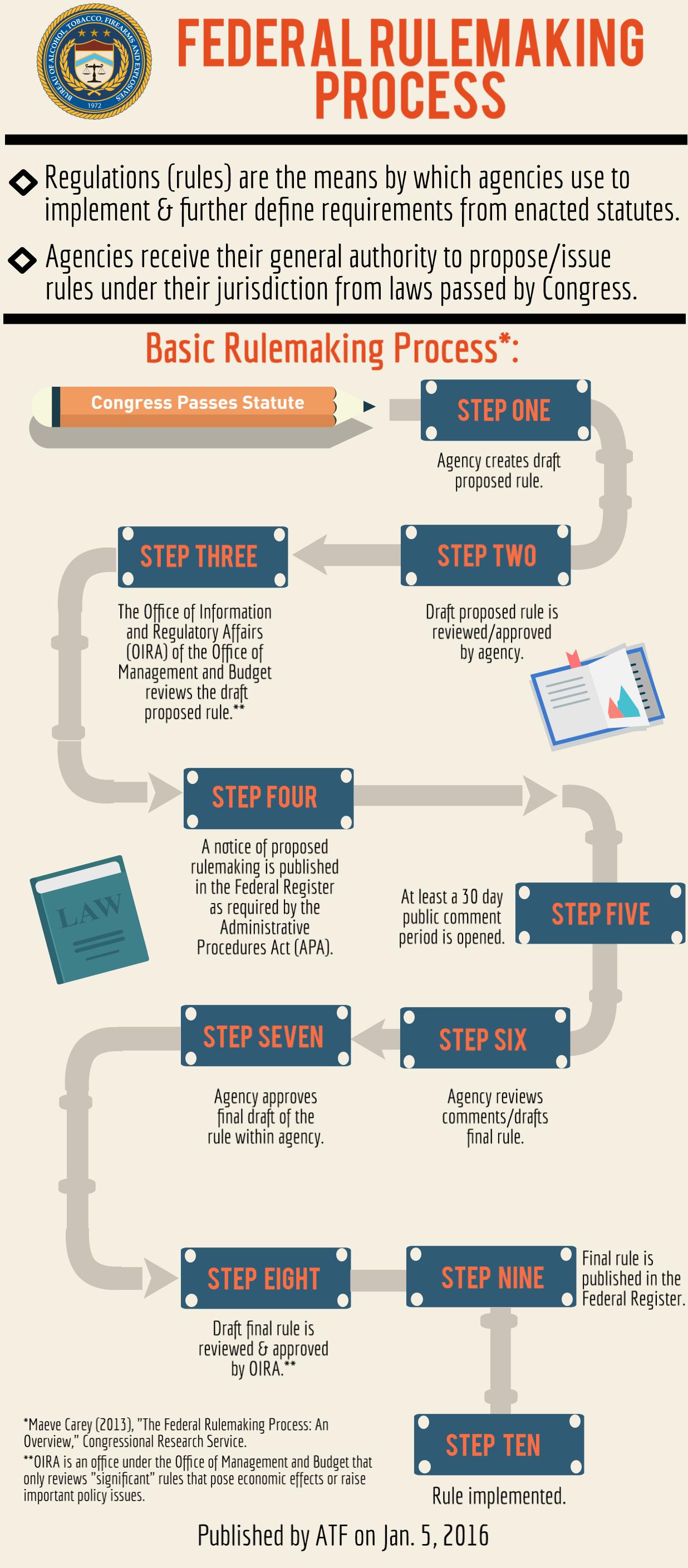

"Property" is currently defined as "any real or personal property." The proposed amendments would amend and broaden the definition to include any type of property, "whether real or personal or immovable or movable, or tangible or intangible or corporeal or incorporeal and includes money, funds, currency, digital assets and virtual currency." The primary expansion contained in the new definition is the inclusion of intangible or incorporeal assets, including digital assets and virtual currency, which arguably may not have been caught by the previous definition. Considerations already being raised about the proposed measures include whether forfeiting and paying out assets undermines the leverage to change behaviour that comes from the possibility of assets being unfrozen in the future, and whether compelling the production of information without a warrant raises concerns about unreasonable search and seizure. The changes would make Canada the first among the Group of Seven countries to provide for forfeiture and distribution of frozen assets of those subject to sanctions. The amendments to the Special Economic Measures Act (SEMA) proposed by the Budget Implementation Act, 2022 are significant and notably, will enable the Government of Canada to compel the forfeiture of seized or restrained assets belonging to sanctioned individuals or entities. Details of Proposed Changed Introduced by the Budget Implementation Act, 2022 Special Economic Measures Act Specifically, the Budget announced the Federal Government's intent to clarify the ability of the Minister of Foreign Affairs to cause the forfeiture and disposal of assets held by sanctioned individuals and entities and support Canada’s participation in the REPO Taskforce. This Russian Elites, Proxies and Oligarchs Task Force (REPO Taskforce) pledged their commitment to "find, restrain, freeze, seize and, where appropriate, confiscate or forfeit the assets of those individuals and entities that have been sanctioned in connection with Russia’s premeditated, unjust and unprovoked invasion of Ukraine" in an attempt to bar these persons from accessing their resources and wealth abroad. The proposed changes come shortly after a joint statement published by Ministers from Canada, Australia, United States, United Kingdom, France, Germany, Italy and Japan as well as European Commissioners.
/GettyImages-506870880-59d2c6a3054ad90010902e8f.jpg)
revisions that broaden the scope of orders and regulations that can be made with respect to seized property, provide a new power for forfeiture orders for seized property and outline the authorized uses of the proceeds of forfeited property and.an amendment to the definition of "property".a new "purpose" clause that describes the legislative and policy objective of the statute.If enacted, the legislation would introduce a host of changes, including notably: 1 ( Budget Implementation Act, 2022), are significant amendments to the Special Economic Measures Act and the Justice for Victims of Corrupt Foreign Officials Act (Sergei Magnitsky Law) as well as corresponding changes to the Seized Property Management Act. Among the changes introduced in Bill C-19, titled the Budget Implementation Act, 2022, No. The Budget sets the fundamental groundwork of the Federal Government's goals for national economic development, promising continued investment in economic growth and innovation in Canada. As explained in our recent insight on the 2022 Canadian Federal Budget, on April 7, 2022, the Federal Government of Canada released Budget 2022: A Plan to Grow Our Economy and Make Life More Affordable.


 0 kommentar(er)
0 kommentar(er)
